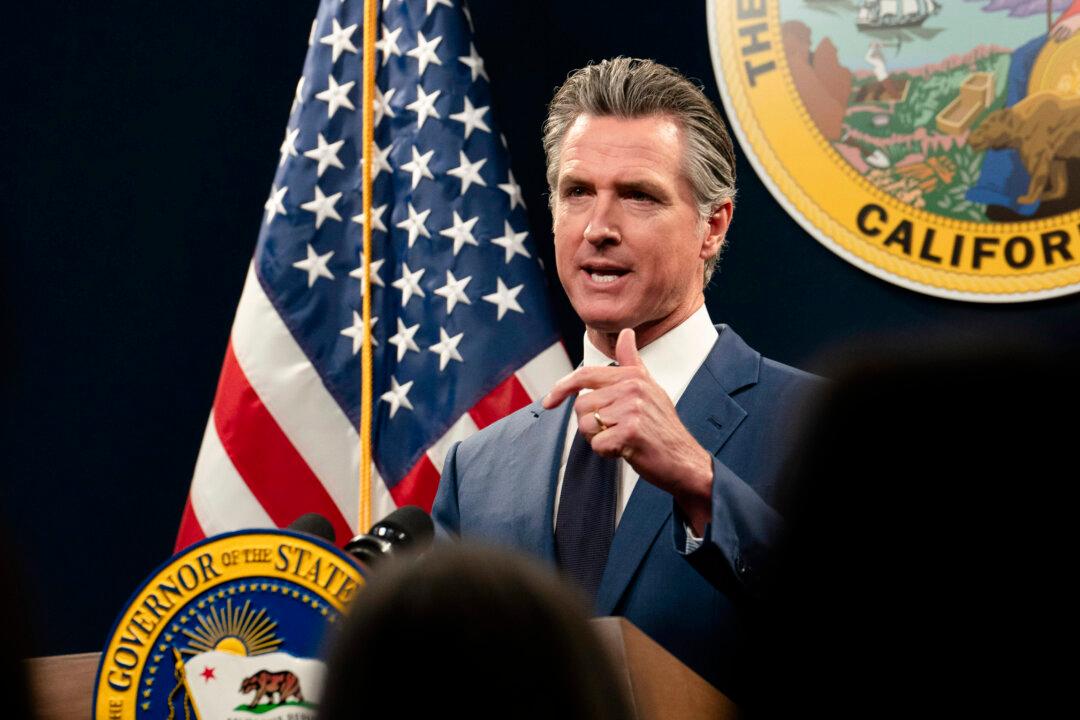With days to go before a balanced budget must be passed and signed into law, California Gov. Gavin Newsom announced June 22 that he had reached an agreement with the highest-ranking members of the Senate and Assembly.
“This agreement sets the state on a path for long-term fiscal stability—addressing the current shortfall and strengthening budget resilience down the road,” Mr. Newsom said in a press release. “I’m grateful for the partnership of our legislative leaders in meeting this challenge with balanced solutions that continue to make progress on California’s priorities.”





